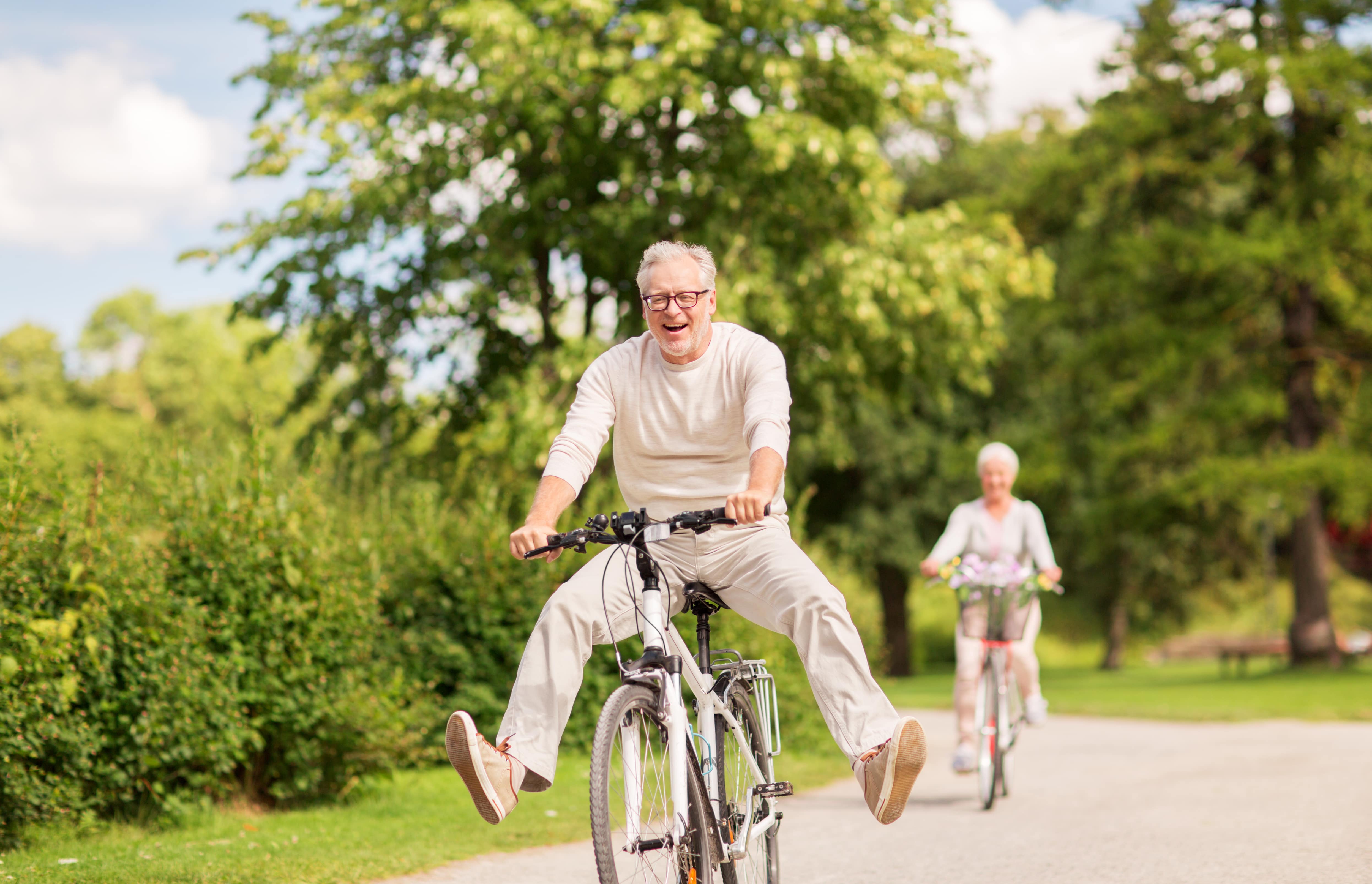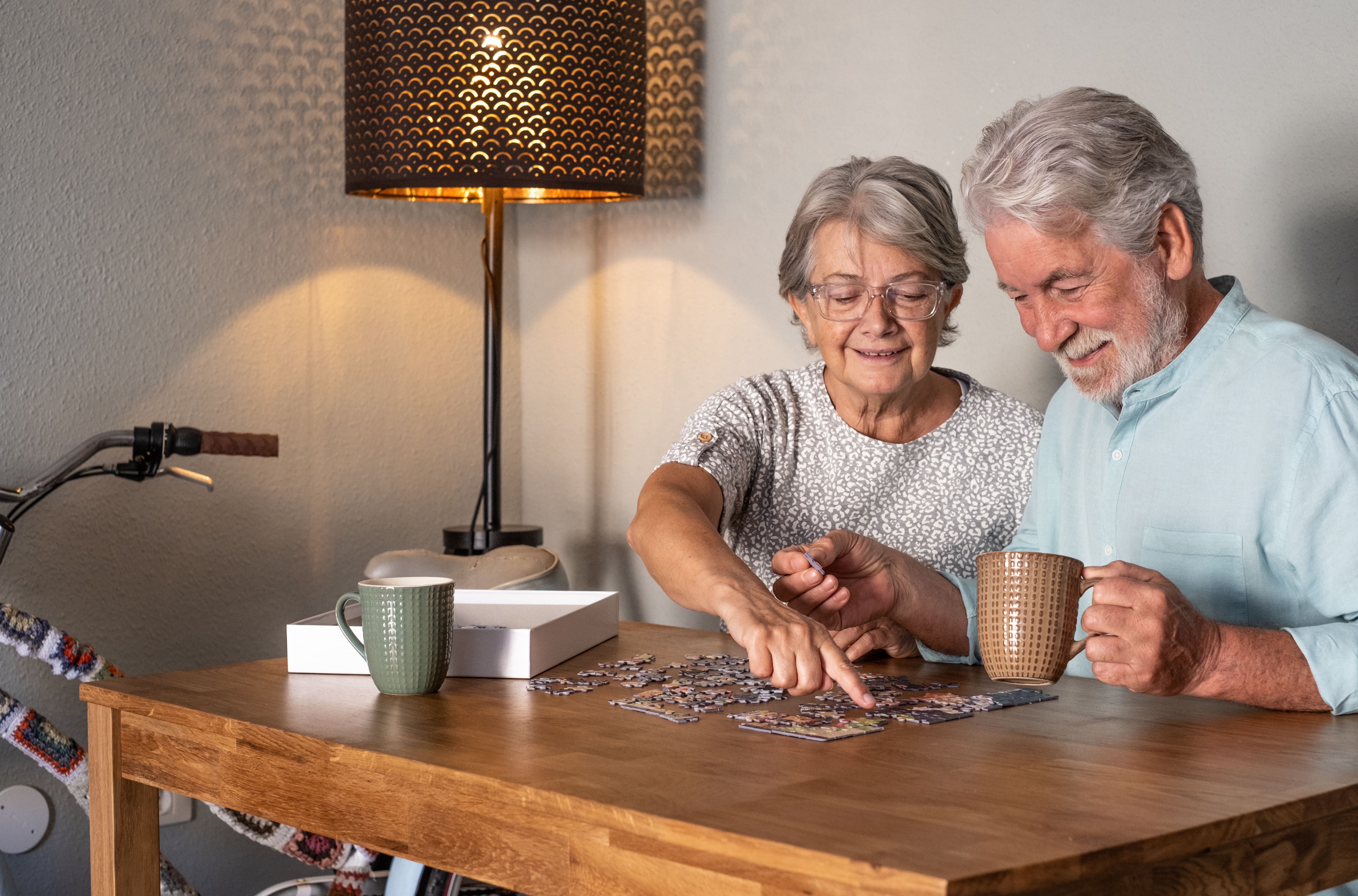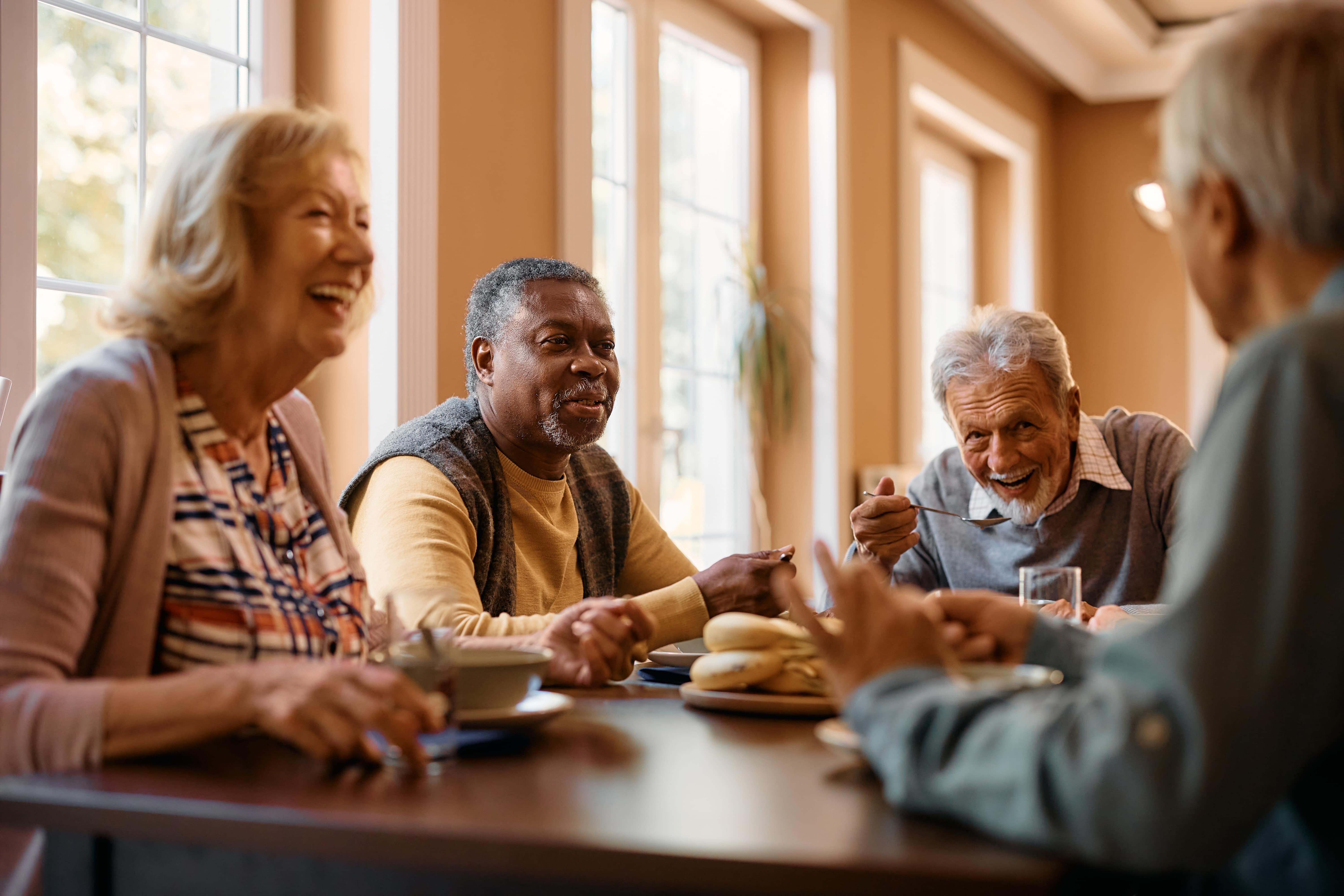Staying Active
Resources

How Older Adults can Engage in Lifelong Learning
Receiving a diploma doesn’t have to mean the end of education. Lifelong learning is a concept that upholds continuous and self-motivated personal and professional development throughout one's life, long after graduating from compulsory education. There’s no age that doesn’t benefit from a little extra knowledge, but older adults in particular should remember that it’s never too late to learn something they never knew before. Engaging in lifelong learning has many benefits for older adults, including enhancing cognitive function, improving quality of life and encouraging self-growth. Here are some ways you can engage in lifelong learning, and why it matters for older adults to keep expanding their minds no matter how many years pass!
Read More
Aging in Place: Naturally Occurring Retirement Communities
The desire to age well in our homes tends to drive us to explore ways to safely remain in the community as long as possible. But safety isn’t the only concern: we hope to be independent, engaged, empowered, connected, and have access to resources when we need them as well. Naturally occurring retirement communities (NORCs) offer an opportunity to coordinate livable communities that ensure we can comfortably age in place.
Read More
Engaging Activities for People with Dementia: Boosting Wellbeing and Connection
Dementia remains a highly stigmatized disease, often leading to misunderstandings about the capabilities and needs of older adults affected by it. Caregivers may unintentionally overlook the importance of meaningful hobbies, activities, and pastimes for individuals with dementia due to their perceived disconnection from the world around them. However, it is crucial to recognize that, despite the changes brought by dementia, older adults still require engagement regardless of the stage of the disease.
Read More
Creative Therapies for Loved Ones with Dementia
While dementia does not yet have a cure, there are ways to treat and soothe a person with dementia’s symptoms and make their potential anxiety, stress, moods and challenging behavior easier to manage. If you’re a caregiver for a loved one with dementia, the creative arts are a great option to consider when it comes to supportive therapies. The arts can help engage your loved one’s attention in something stimulating often soothing, while giving them a way to express their emotions and thoughts in a way they may struggle to do verbally. The arts can also be beneficial for loved ones with both intellectual and developmental disabilities (IDD) and dementia, who may be experiencing increasing challenges in expressing themselves and confidently building and practicing skills using other means.
Read More
Barriers to Older Adults Remaining Social: Lessons Learned From the Pandemic
Social isolation has always been a common issue for older adults, but became even more recognizable during the COVID-19 pandemic. Over the past few years, we have seen the negative effects of loved ones being kept alone. According to the Centers for Disease Control and Prevention, extended periods of social isolation have resulted in an uptick in hospitalization of older adults due to health concerns, and an increase in depression and anxiety disorders across all ages, especially in older adults. Pandemic restrictions contributed to stress level hitting an all-time high, while at the same time lowering access to the social supports older adults and caregivers rely on for respite and building social connections.
Read More